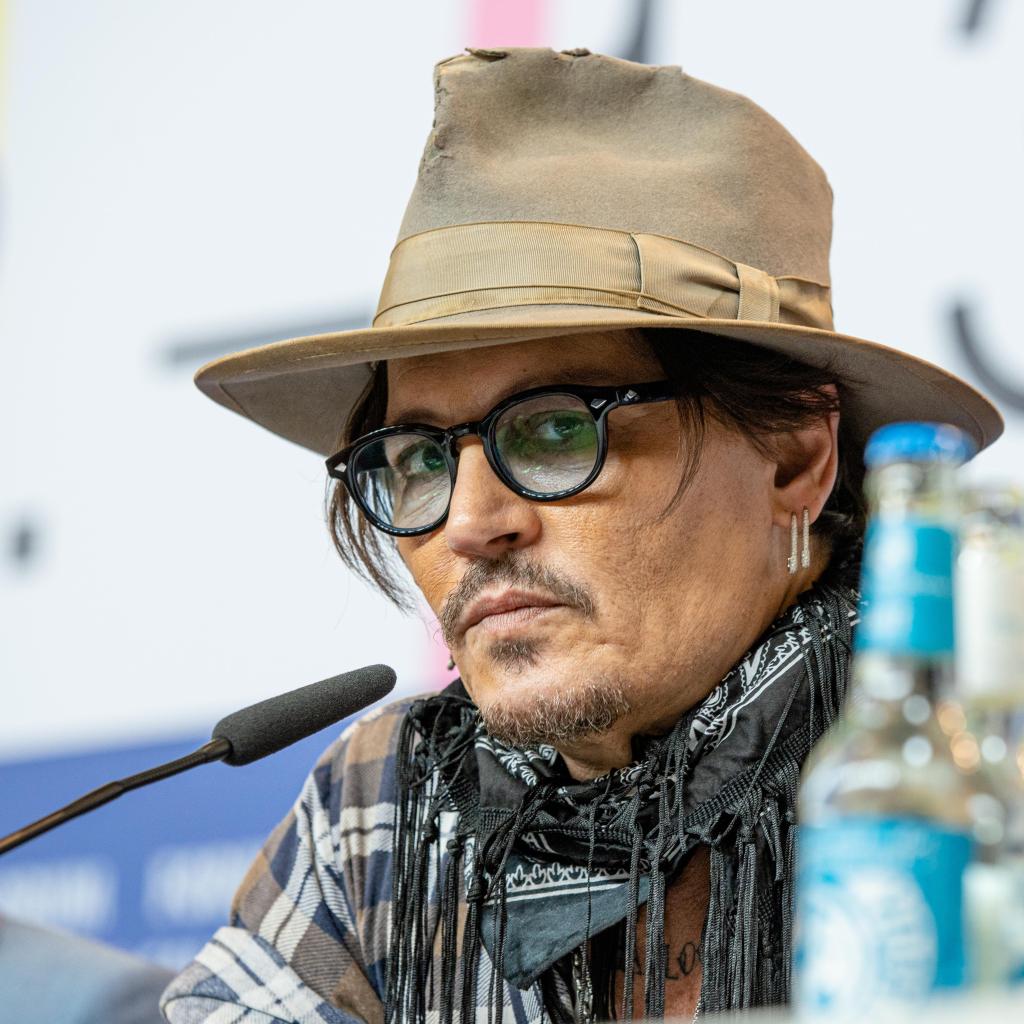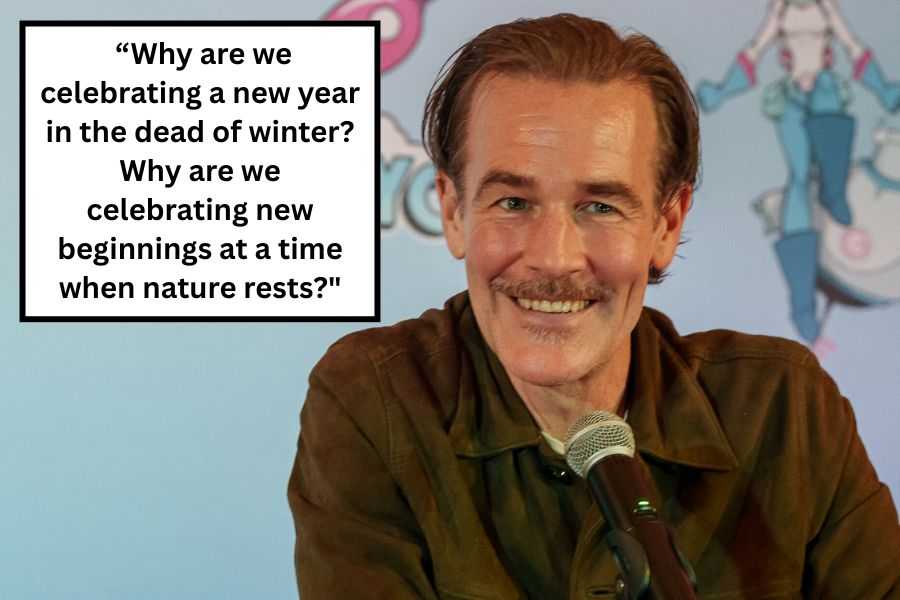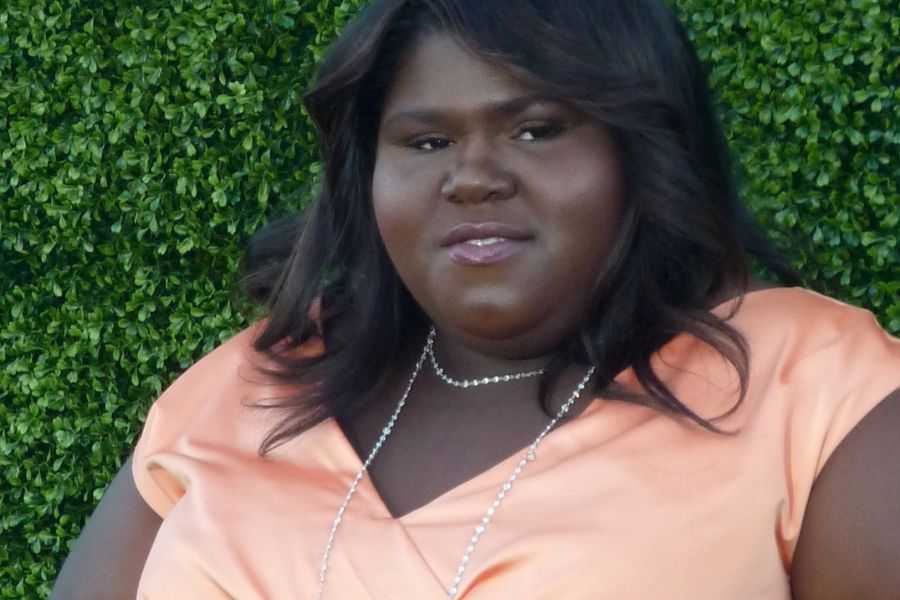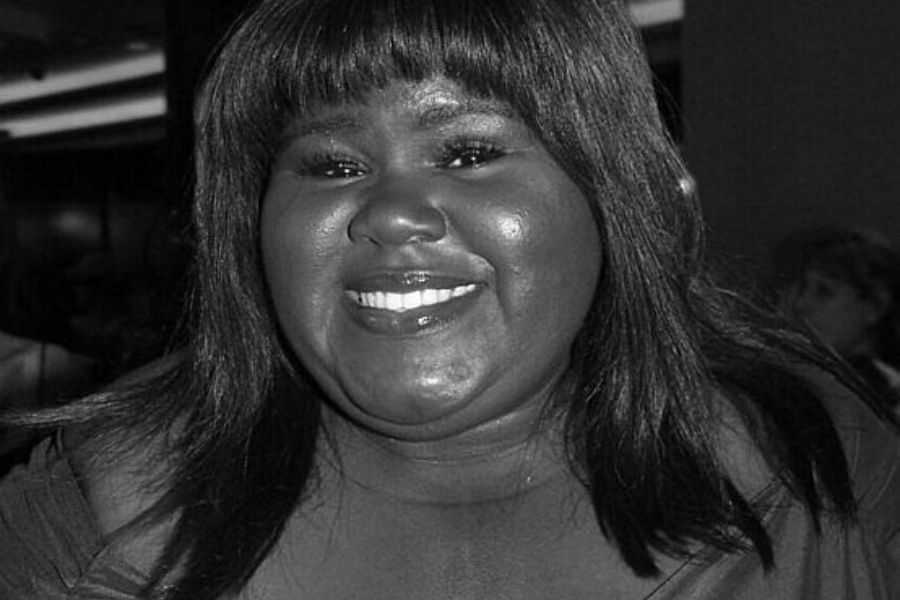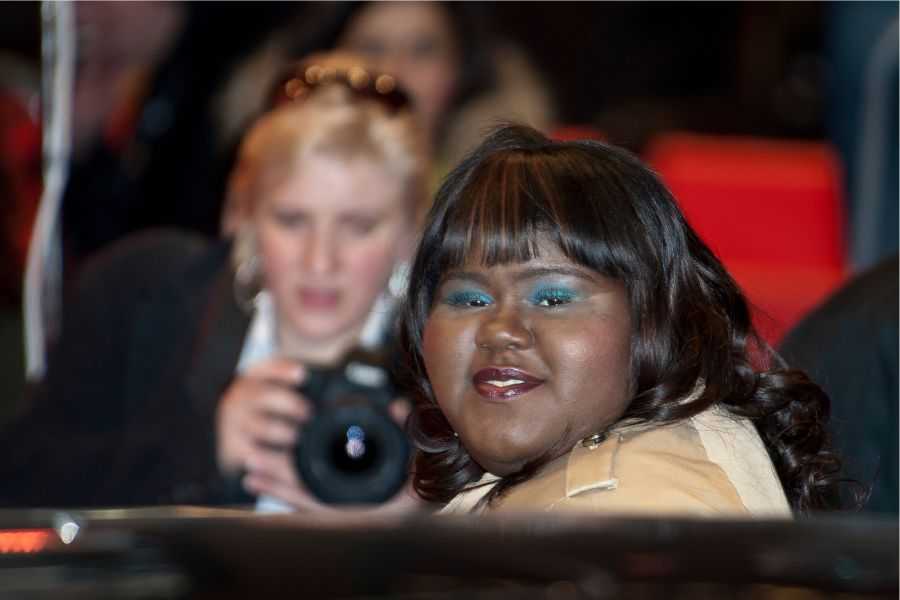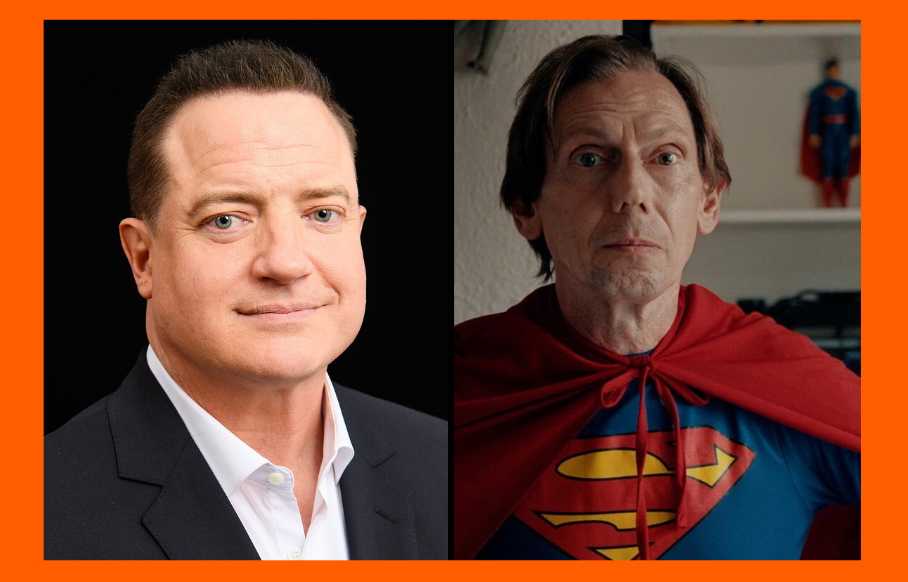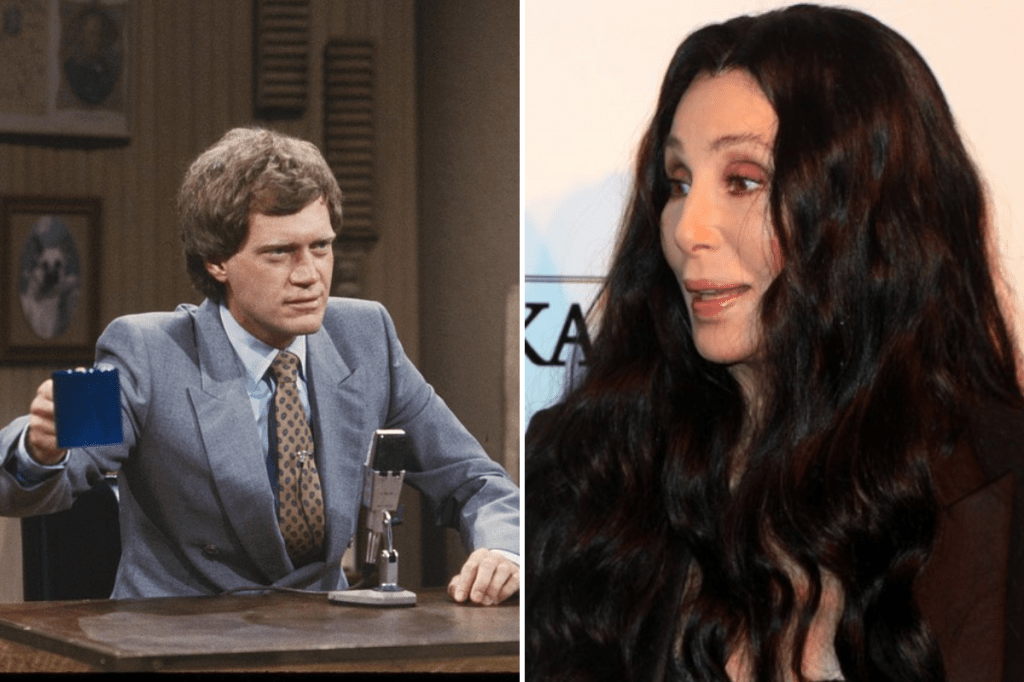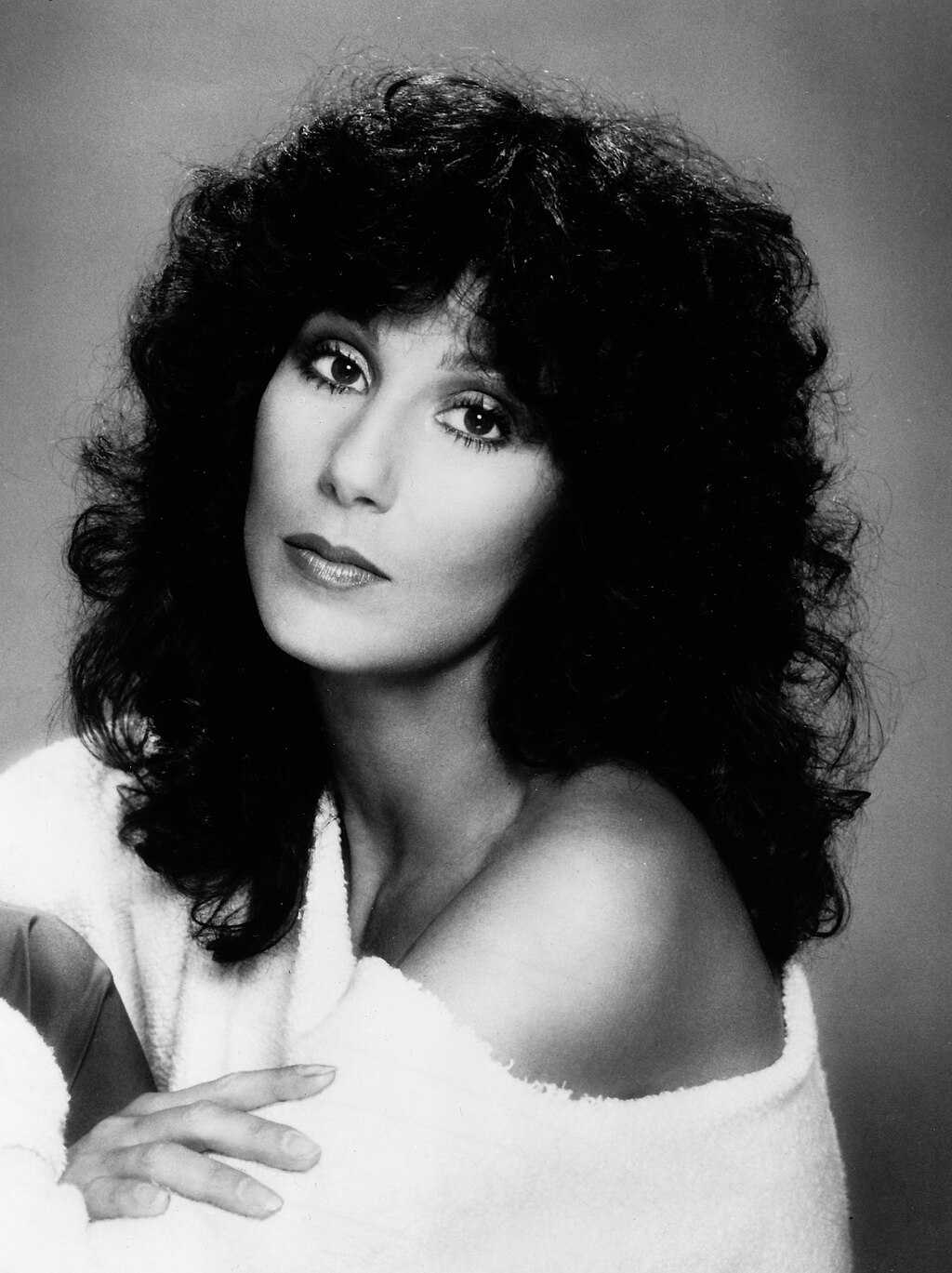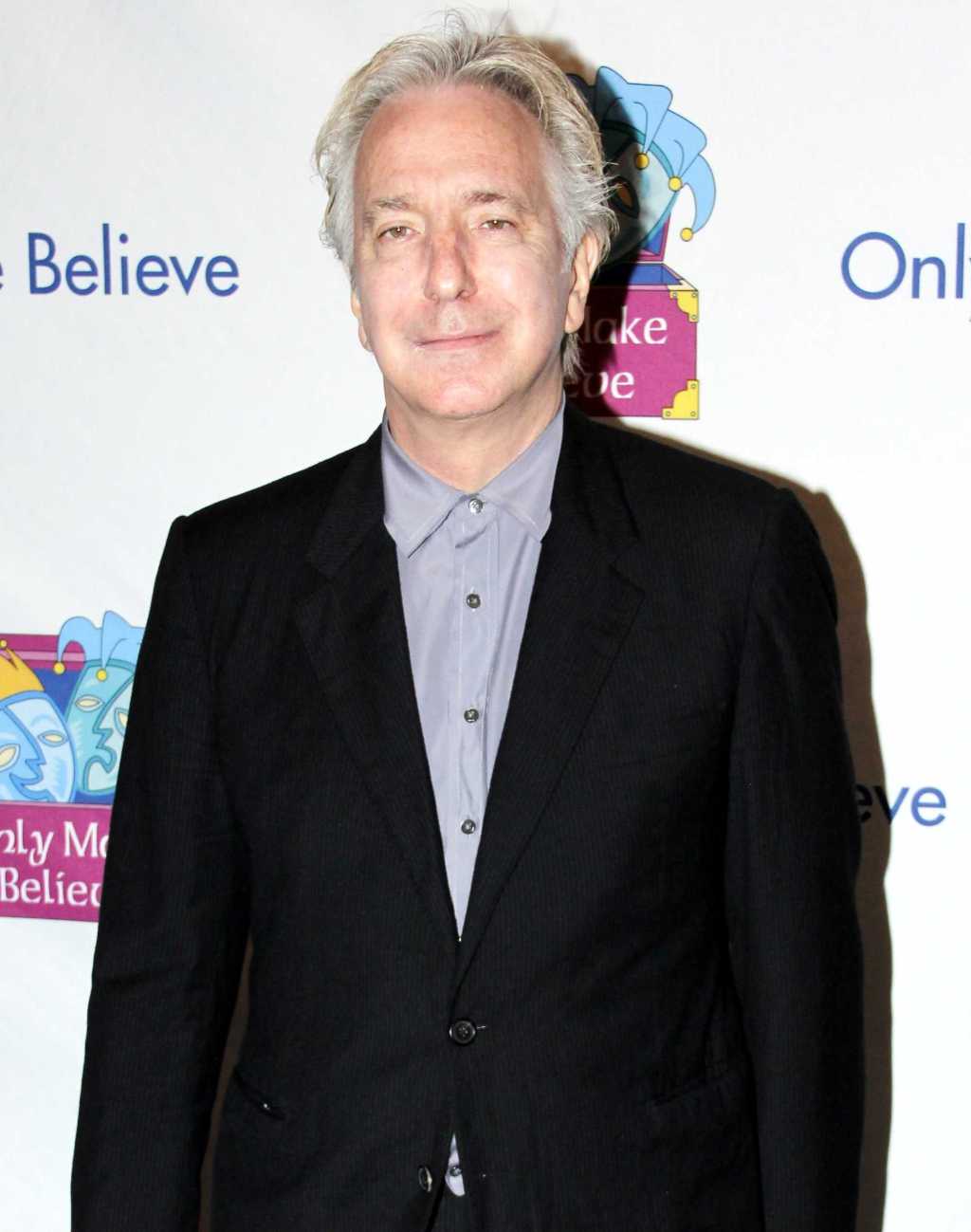You’d be pretty hard pressed to take even a three-second scroll through the internet without seeing headlines about the defamation trial between Johnny Depp and Amber Heard.
Depp, who is suing Heard for $50 million in part over a 2018 Washington Post op-ed piece alluding to her being a victim of domestic abuse (the abuser being Depp), recently gave testimony in court. And, like many personal matters belonging to a celebrity, it has been the subject of public scrutiny.
In the video (see below) Depp touched on his own experience with abuse in his childhood, wanting to protect his children, his drug addiction, disturbing texts he had sent to friends about Heard and how heartbroken he was that those he mentored or had given advice to might be questioning themselves now, thinking him to be a fraud. Just to name a few points.
While there is certainly lots to unpack there, there is still one bit that I find more striking:
“One day you’re Cinderella and then in zero point six seconds you’re Quasimodo. I didn’t deserve that and neither did my children.”
If this isn’t the epitome of what’s problematic with our culture’s misguided celebrity worship, I don’t know what is.
It’s been an interesting year so far for movie stars. With one slap, Will Smith went from one of Hollywood’s most likable guys to its most notorious. Ezra Miller, once regarded as a beloved LGBTQ savior, is now reduced to the punchline of some odd Spongebob meme. In his “Cinderella” days, Depp was by and large a consummate actor who, performance wise, could do no wrong. Now franchises find him untouchable.
The rate at which household names can go from “greatest” to “worst” of all time is enough to cause whiplash if you’re looking too closely. And what’s worse, in this act of dehumanizing, we are often at risk of losing touch with our own humanity. Which is especially ironic and tragic given that artists in particular serve a purpose to connect us to our humanity.
If it’s not obvious: I wanted to add a small disclaimer that I am not excusing bad actions, or waving the flag of anti cancel culture. There is definitely something to be said about how celebrity status often exonerates wrongdoing unfairly. But really, I find that worship and vilification are two sides of the same coin. And maybe, just maybe, what we really need to do to break us of the movie star spell is to toss away the coin altogether.
There was a time when actors and artists weren’t seen as beyond human. In fact, it could be argued that back in the days of traveling thespian shows, actors were seen as subhumans, but that’s beside the point. Perhaps this recent fall of the movie star is a chance for us to collectively reclaim some mental freedom away from fame’s siren song. As we have recently seen, it’s certainly not the guarantee for happiness it once was.
A growing number of Americans no longer have gods to revere or royalty to idolize. In their absence, celebrities have taken up that mantle for many. But in this modern age of information traveling at the speed of WiFi, illusion and mystery are no longer the great shields they once were. Now, the spotlight mercilessly peers down into every crack in the veneer. And much like a real dying star, it’s as though these people are collapsing in on themselves, crushed by the massive weight of their own fabricated persona.
Perhaps it is unfair to view any human as some sort of celestial being. As we have seen multiple times, this leads to disappointment, abuse of power and unrealistic expectations. And perhaps worst of all, it removes us from compassion. Tons of debates are being had about whether Depp or Heard is lying, about whether this will be Hollywood’s “ugliest” breakup or if that will go to Will and Jada, and about whether or not we’ll ever see Depp on the screen again. Few are discussing the tragedy that their family must be going through, or talking about the heartbreak of love turned toxic. And then there’s the question: should we be weighing in on their life at all? It’s a fine line, being a public figure and all, but something worth considering.
Hollywood continues to adapt (for better or worse is up to viewer discretion). And as it does, movie stars like Depp might continue to lose their luster … if not eliminate it altogether. But hopefully that leads to a new renaissance. One where no one is beyond accountability or unworthy of empathy. Hopefully we don’t find new false idols, but instead value discernment above all.

